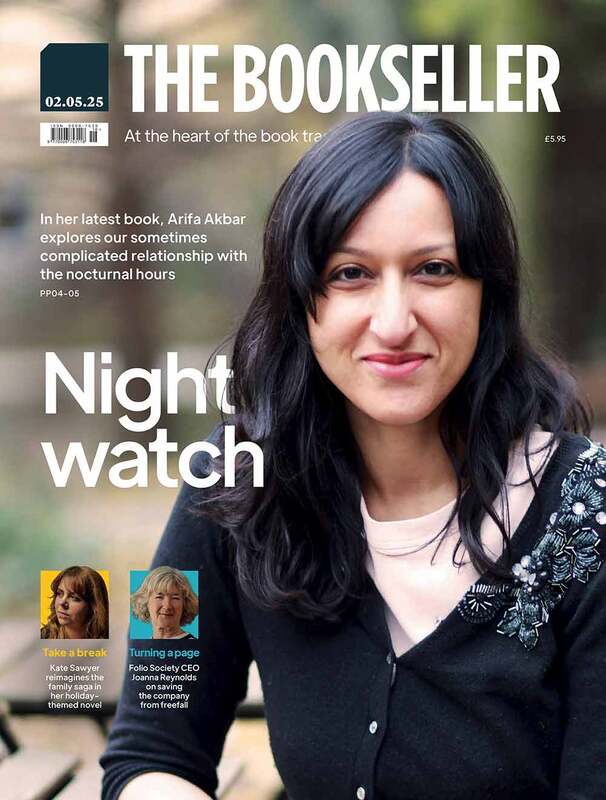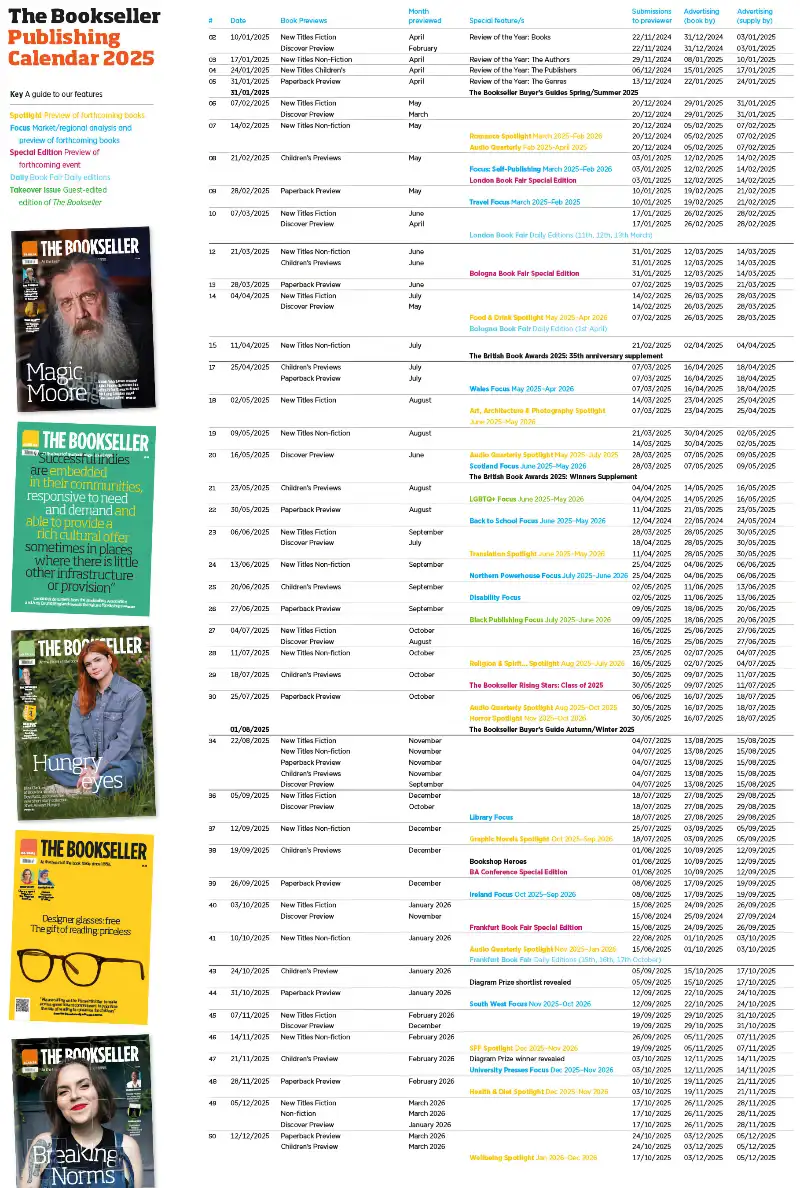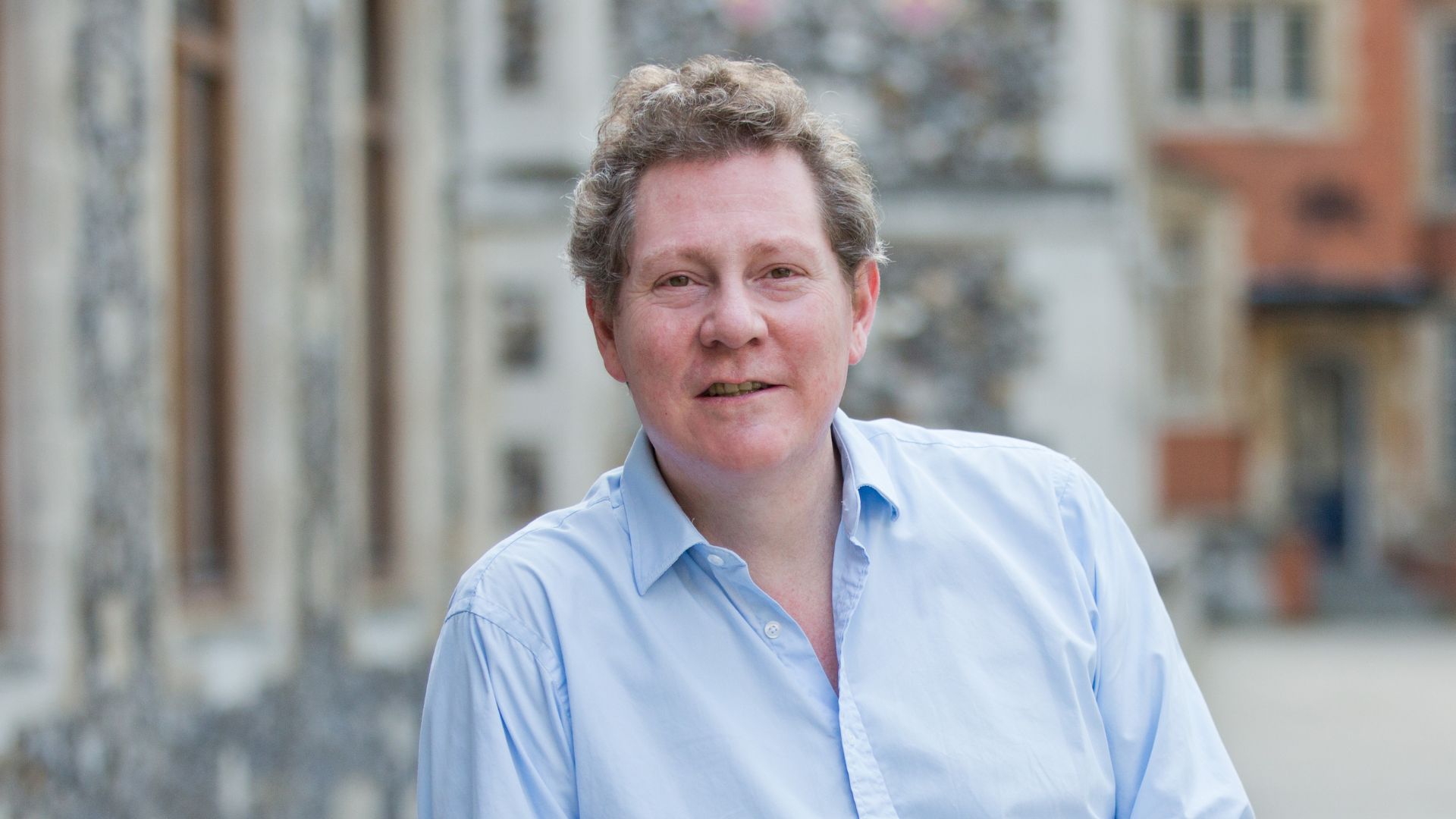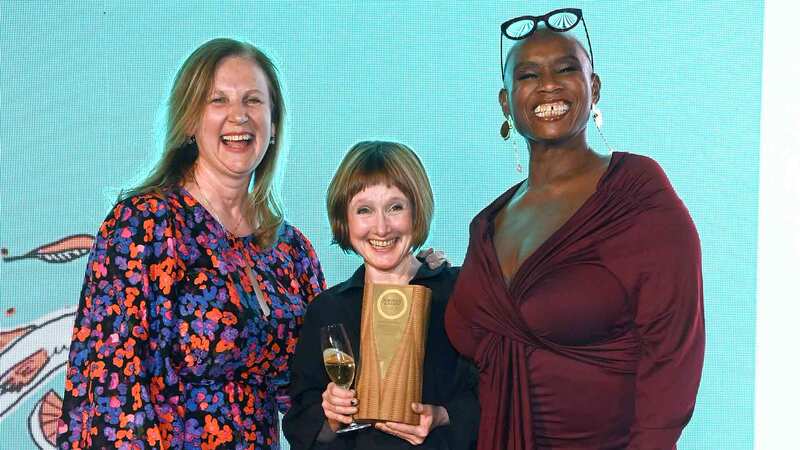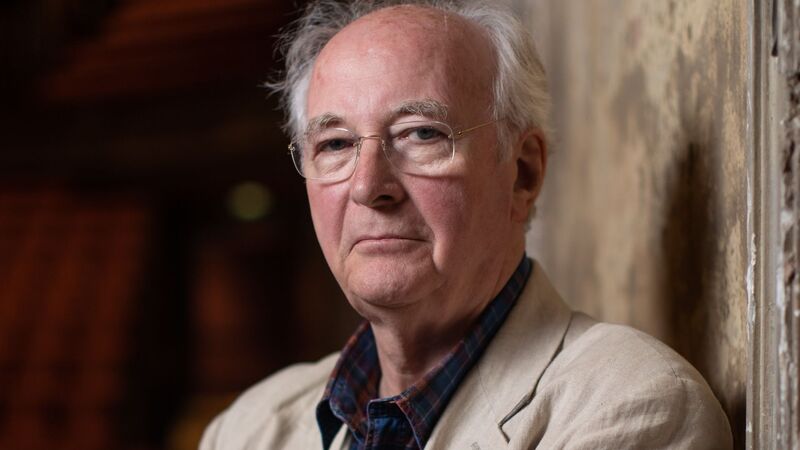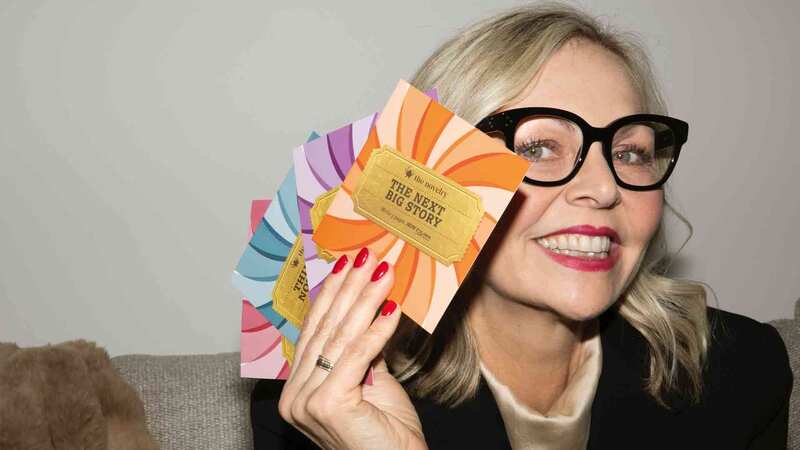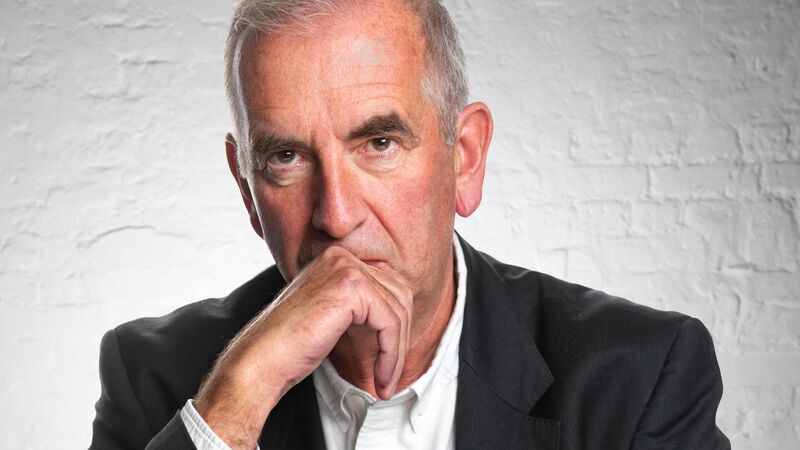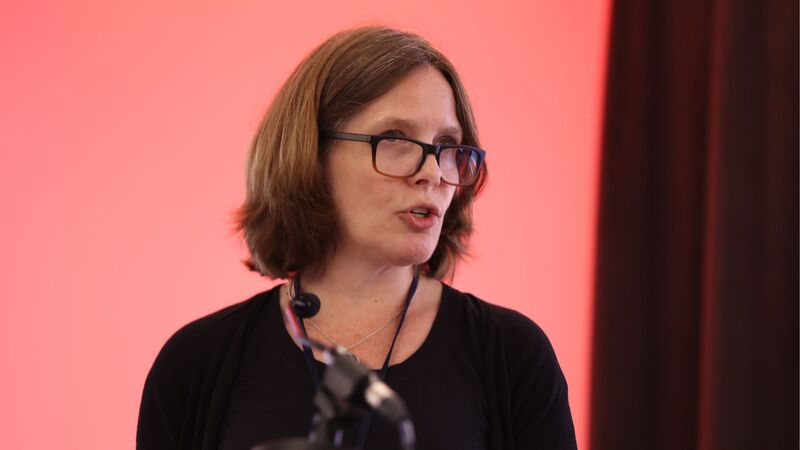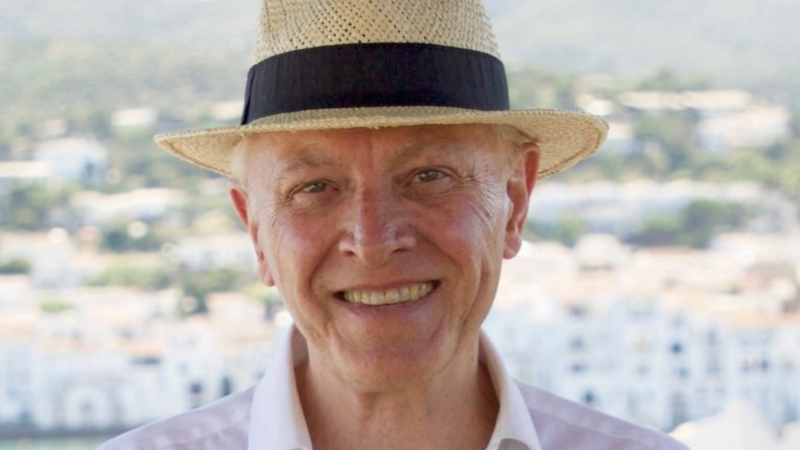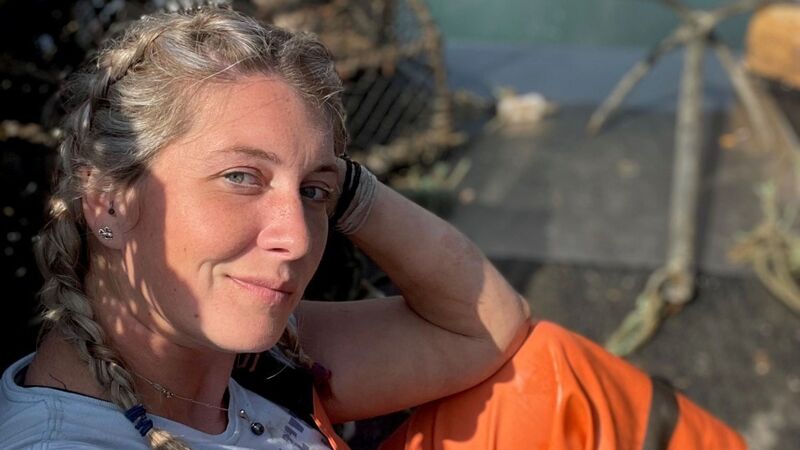You are viewing your 1 free article this month. Login to read more articles.
Lownie's battle to make Mountbatten diaries public costs him inheritance
Author and literary agent Andrew Lownie says his work to make the Mountbatten diaries public was a “pyrrhic victory” as it has cost him his inheritance after a legal appeal failed.
Lownie told The Bookseller he now faces a bill of £400,000 after his application to claim costs from Southampton University, which holds Lord and Lady Mountbatten’s diaries, and the Cabinet Office has been refused, leaving his inheritance from his late mother “completely cleaned out”.
The University of Southampton purchased the wider Broadlands archive from the Mountbatten family trust in 2011. It helped attract funding by stating it would “preserve the collection in its entirety for future generations to use and enjoy” and “ensure public access”.
Lownie discovered when researching for his biography The Mountbattens: Their Lives and Loves (Bonnier Books UK) that there were omissions relating to the Mountbattens from the university’s inventory.
He made a freedom of information request to access the materials, but this was refused. Southampton University said it was directed by the government to keep a small number of the papers private until told otherwise.
Lownie then complained to the Information Commissioners’ Office, which contacted the university. After the university failed to respond for 12 months, the commissioner was prompted to issue contempt of court proceedings.
In December 2019 the university responded, and the ICO ordered it to release the Mountbattens’ diaries and letters. However, the university and the Cabinet Office launched an appeal against the ICO decision, which was heard last November.
Before the hearing took place, Southampton digitised the collection and put it up on their website. A spokesperson told The Bookseller at the time that they were able to make them available after communication from the Cabinet Office, adding: “As part of the allocation of the archives in August 2011, the university was directed to keep a small number of the papers closed until we were otherwise advised. The university has always aimed to make public as much of the collection as is possible whilst balancing all its legal obligations. The collection consists of some 4,500 boxes of documents of which the vast majority are publicly available and accessed regularly by researchers globally, as an invaluable historic resource. We have also organised exhibitions, conferences and other events which allow the public to enjoy and appreciate the archives.”
Lownie said 100 redactions remained under dispute, some only a word or paragraph. It was these Freedom of Information exemptions which formed the basis of the November hearing and on which there has just been judgment.
He said: “Millions of pounds of public monies were spent purchasing the total Broadlands Archive, even though we don’t know exactly what was apportioned to the diaries and letters, to make this important collection available to the public. Now well over £1m has been spent suppressing them.
“For me the campaign has also come at a heavy cost. No private individual should be financially ruined seeking access to material which was purchased with taxpayers’ money on the basis that it would be open to the public but that is the position I now find myself in.
“I hope, however, that as a result of my efforts an important historical source has been made available and a stand has been made for academic freedom, access to archives, the need for trust and transparency in public institutions and against the abuse of power.
“The fight now needs to continue for the remaining innocent redactions to be lifted from these private diaries and letters, which were freely sold by the Mountbatten family, and for the Nehru-Edwina correspondence, again bought with public funds to be available publicly, to be released.”
The Cabinet Office has stated: “The tribunal accepted that the University of Southampton acted lawfully in withholding the material and Dr Lownie’s appeal for costs was dismissed.”

